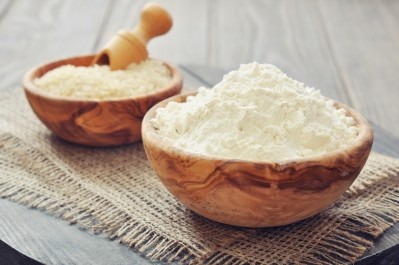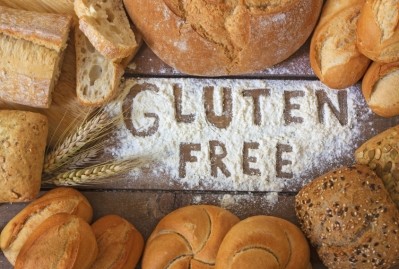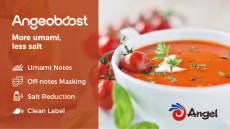DSM promises simpler way to make gluten-free beer

DSM claimed its enzymes such as Brewers Clarex would allow brewers to easily create gluten-free beers using gluten-containing grains as it they broke down the gluten protein at the start of the fermentation process.
Until now producing gluten-free beer was possible through complex processes or use of gluten-free cereals such as millet, rice, sorghum, buckwheat or corn. However, the taste of the beer was greatly impacted.
“In the last years, we’ve seen that 10% of overall new product introductions have been gluten-free, yet only 1% of new beers carry this claim. Our analysis shows that there is great consumer interest and attraction in the gluten trend that beer producers can benefit from,” said Fokke van den Berg, global marketing manager at DSM Food Specialties.
Speaking to Food Navigator, Hamish Renton from the International Food Marketing Alliance added: “In the coming years it seems inevitable that ‘free-from’ products will break out of the confinement of the free-from aisle and will infiltrate the other grocery aisles in the big supermarkets, increasing their competitiveness as healthy alternatives to the traditional brands
Proliferation of microbreweries
The idea behind gluten-free beer enzymes was to follow successful trends from the wider food and beverage industry. ‘Free-from’ products have become increasingly popular as consumers have sought products with no salt, no fat, no artificial ingredients and those free from potential allergens such as lactose and gluten.
“Personally I feel the gluten-free trend is the strongest and most enduring with growth up 37% year on year,” said Renton.
“Somewhat surprisingly, it is not just sufferers from conditions such coeliac disease who are buying gluten free products as 98% of the market is actually made up of non-sufferers. This trend is often cited as a result of the public following celebrities who are encouraging a gluten free diet as a lifestyle choice,” he added.
Moreover, in the last few years the industry saw a rising number of microbreweries driven by consumer preference for more artisanal and specialist beers.
In the US, the number of breweries rose from 398 to 869 between 2007 and 2012, according to DSM.
“The low gluten or gluten-free category is still young and in development. We think there is a great opportunity for beer producers to investigate what this trend can mean for their product differentiation moving forward. Targeting new consumer groups, with different lifestyles as well as looking at geographies will be their best way forward in finding new growth opportunities,” said Van den Berg.



















